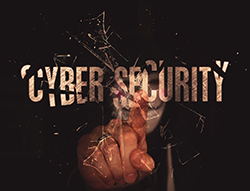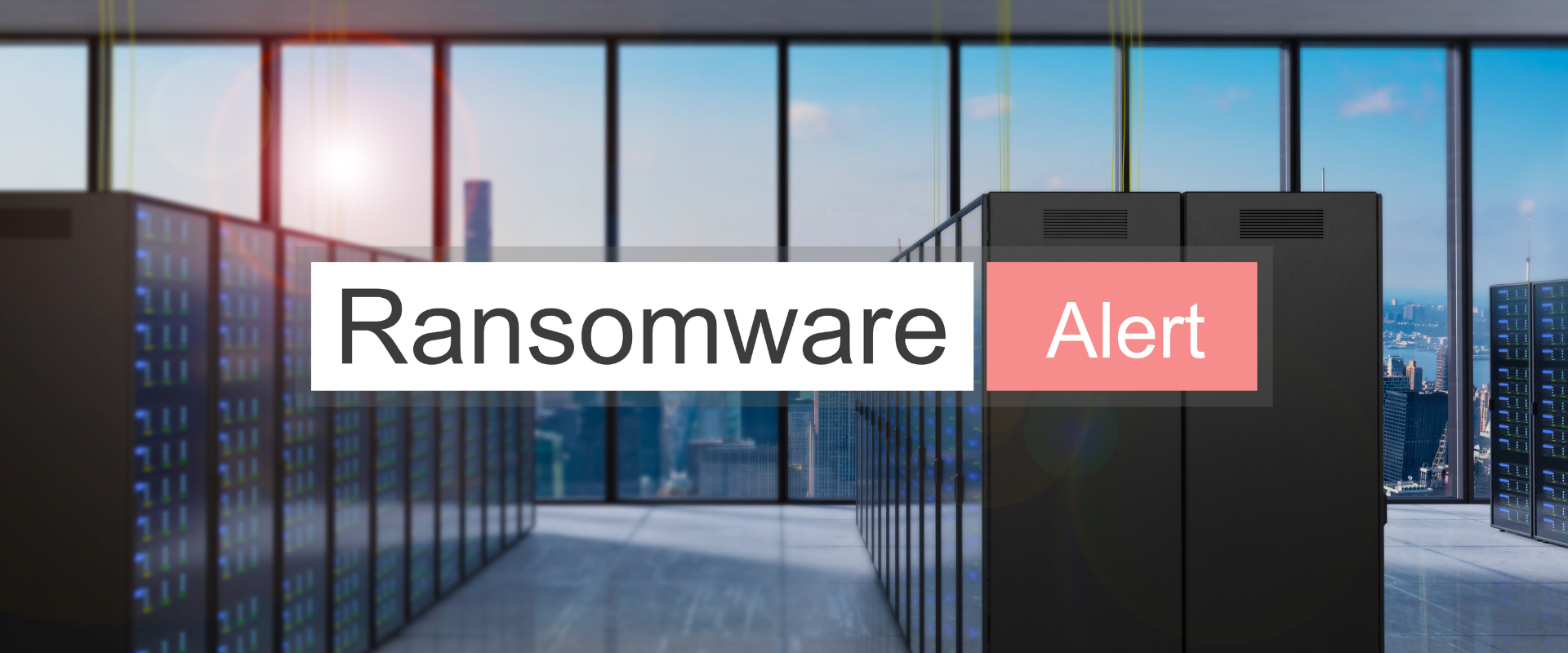
The Importance of Regular Security Audits in Cybersecurity
By, Webmaster
- 23 Oct, 2024
- 1.8k Views
In an increasingly digital world, organizations must prioritize their cybersecurity measures to protect sensitive data and maintain operational integrity. One of the most effective ways to achieve this is through regular security audits. In this article, we’ll discuss the importance of security audits, the benefits they provide, and best practices for conducting them effectively.
What is a Security Audit?
A security audit is a systematic evaluation of an organization’s information systems, processes, and controls to assess their effectiveness in safeguarding data and resources. The audit involves reviewing policies, procedures, and technical controls to identify vulnerabilities and ensure compliance with relevant regulations and industry standards.
Why Regular Security Audits are Essential
Identify Vulnerabilities: Regular audits help organizations discover weaknesses in their security posture. By identifying vulnerabilities before they can be exploited by cybercriminals, organizations can take proactive measures to mitigate risks.
Ensure Compliance: Many industries are subject to strict regulatory requirements regarding data protection and security. Regular audits help organizations ensure they are in compliance with regulations such as GDPR, HIPAA, and PCI DSS, avoiding potential penalties and reputational damage.
Enhance Incident Response: By reviewing existing incident response plans and protocols during an audit, organizations can identify gaps and improve their ability to respond effectively to security incidents.
Promote Continuous Improvement: Security audits provide organizations with valuable insights that can lead to the development of better security policies and practices. This continuous improvement process is vital for staying ahead of emerging threats.
Build Stakeholder Confidence: Demonstrating a commitment to regular security audits reassures stakeholders, including customers, partners, and regulatory bodies, that the organization takes cybersecurity seriously and is actively working to protect sensitive information.
Best Practices for Conducting Security Audits
Define the Scope: Clearly outline the scope of the audit, including which systems, processes, and departments will be evaluated. This helps ensure that all critical areas are covered during the audit.
Utilize a Framework: Employ established security frameworks, such as NIST or ISO 27001, as a basis for the audit. These frameworks provide guidelines and best practices for evaluating security controls and processes.
Engage Qualified Professionals: Consider hiring external security auditors with specialized expertise to conduct the audit. External auditors can provide an objective perspective and may identify vulnerabilities that internal teams may overlook.
Document Findings: Thoroughly document the audit findings, including identified vulnerabilities, recommendations for improvement, and any corrective actions taken. This documentation is crucial for tracking progress and demonstrating compliance.
Follow Up: After the audit, ensure that the organization addresses any identified vulnerabilities and implements recommended changes. Follow-up audits can help assess the effectiveness of these changes over time.
Involve Stakeholders: Engage relevant stakeholders in the audit process, including IT staff, compliance officers, and department heads. Their insights can help identify areas of concern and improve the overall audit process.
Conclusion
Regular security audits are a critical component of an effective cybersecurity strategy. By identifying vulnerabilities, ensuring compliance, and promoting continuous improvement, organizations can significantly enhance their security posture and reduce the risk of cyber incidents. As the digital landscape continues to evolve, committing to regular security audits will be essential for protecting sensitive data and maintaining stakeholder confidence.
We hope you found this article helpful. If you have questions or would like to learn more about conducting security audits in your organization, feel free to reach out!
Recent Posts
- The Growing Threat of Distributed Denial-of-Service (DDoS) Attacks: How to Protect Your Organization from DDoS Threats
- Zero Trust: The Key to Safeguarding Your Digital Assets
- The Evolution of Ransomware: How to Prepare for the Future of Cyber Extortion
- The Rise of AI-Powered Phishing Attacks: How to Safeguard Your Business
- The Growing Threat of Insider Threats in Cybersecurity: How to Protect Your Business
Category
- Cyber Security (67)
- Vulnerability Assessment (51)







